About Us
The FREES Steering Committee is comprised of over a dozen professionals from various organizations who are involved in free-roaming equid management. One mission of the Steering Committee is to provide opportunities for inclusive and unbiased learning. The FREES Summit is one of the most comprehensive educational resources organized by the Steering Committee as it ensures all beliefs are acknowledged.
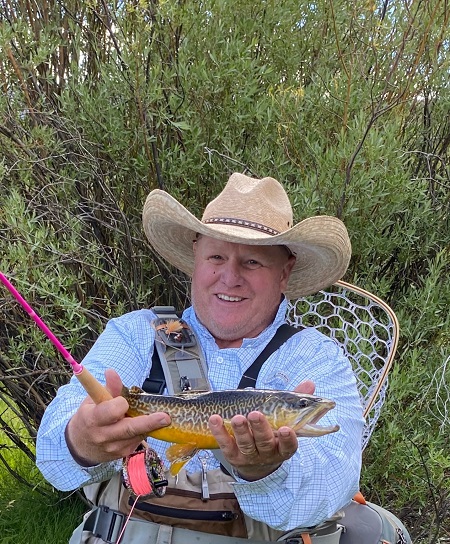
Dr. Eric Thacker is an Associate Professor and the Range Extension Specialist at Utah State University (since 2013). He is a Utah native and has spent 20 years working on arid rangelands, primarily in sagebrush ecosystems. Dr. Thacker holds degrees in Range Science (BS, MS) and a PhD in Wildlife Science from Utah State University. His Extension and research programs focus on livestock and wildlife use of rangelands, rangeland, and wildlife habitat restoration and evaluation. He focuses on seeking a balance of ecological integrity and long-term sustainability with the needs of local and regional communities. He aims to provide objective, science-based information to inform complex rangeland management decisions.
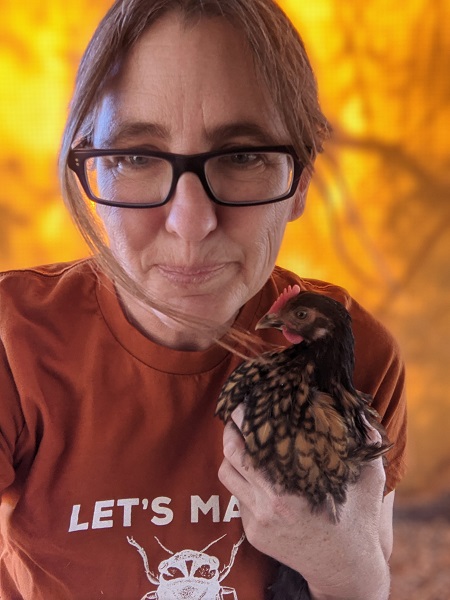
Celeste Carlisle is a biologist with an interest in horse reproductive biology and rangeland ecology. She is committed to developing sustainable management plans for wild horses and burros in a rapidly changing climate. She has worked alongside Return to Freedom Wild Horse Conservation to oversee and implement the fertility control program since 2005, and more recently, RTF’s projects that focus on utilizing science towards effective and humane policy changes in the BLM and Forest Service wild horse programs, and in on-range public-private partnerships for wild horse and burro management. She works with several collaborative stakeholder groups on wild horse and burro management issues. She chairs the National BLM and USFS Wild Horse and Burro Advisory Board. She enjoys backpacking, swimming, sailing, and being surrounded by her family and friends; feathered, furred, and otherwise.
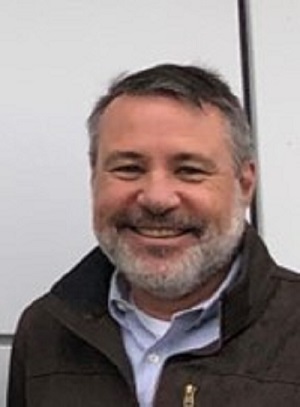
Dr. Jason Bruemmer is Project Leader for the Population Management Project. The Population Management team works to control invasive and problematic species through toxicant and contraceptive development and deployment. Dr. Bruemmer’s expertise is primarily in reproductive physiology with particular interest in fertility control through contraceptive development. He earned his BS and MS in Animal Sciences at Texas A&M University and his PhD in Physiology from New Mexico State University. Prior to his arrival at NWRC, Jason served as professor in Equine Sciences at Colorado State University for over 20 years. He currently is working to maximize the efficacy of GnRH based vaccine GonaCon for use in horses, prairie dogs, and deer. He is also leading the development of a long-lasting, single dose immunocontraceptive for feral horses.
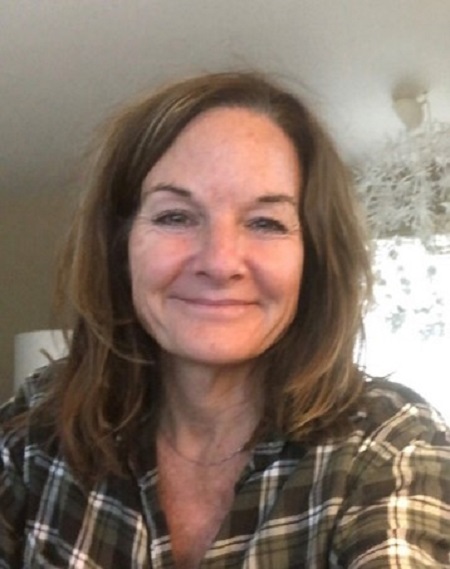
Dr. Kate Schoenecker has been studying the ecology of ungulates for 25 years as a Research Wildlife Biologist at the U.S. Geological Survey (USGS) Fort Collins Science Center, Colorado. She received a Master’s degree from the University of Arizona, Tucson studying desert bighorn sheep and a PhD from Colorado State University on bison and elk grazing ecology in the Great Sand Dunes National Park & Baca National Wildlife Refuge ecosystem. She currently leads the Ungulate Ecology Research team, focusing on science to support bison conservation and wild horse and burro research across the west. She’s been studying the ecology of wild horses and burros since 1999, when she was first hired as a USGS field technician recording group composition of horse harems in the Pryor Mountain Wild Horse Range, Montana. Kate has two Paso Fino horses that she enjoys riding and caring for.
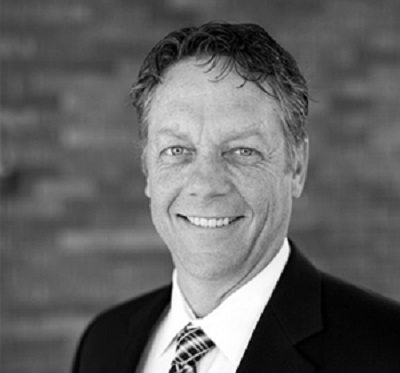
Redge Johnson was appointed the Executive Director of the Governor’s Public Lands Policy Coordinating Office (PLPCO) in 2021 by Governor Spencer Cox and will continue to serve in that capacity while also serving as a deputy director for the Utah Department of Natural Resources (DNR). Johnson brings extensive experience in public lands, natural resources, planning, policy, and leadership to the DNR team. Previously, Johnson was the director of strategic initiatives at the Utah Department of Agriculture and Food. Prior to that he served as the county liaison and natural resources planner for the Public Lands Policy Coordinating Office. Johnson also worked at the Utah DNR and The Nature Conservancy as a land and water acquisitions specialist. A native of Utah, Johnson was born in Lost Creek, Utah and has lived all over the world, from metropolitan areas in Yokohama, Japan, Aix-en-Provence, France and Washington, D.C. to rural settings including Jean Lake, Nevada and Johns Valley, Utah. Johnson has a bachelor’s degree in pre-law from Utah State University and a passion for Utah’s public lands and natural resources.

Dr. Barry L. Perryman is Chair of the Department of Agriculture, Veterinary, and Rangeland Sciences at the University of Nevada-Reno, and Professor of Rangeland Ecology and Management. He has appeared on the front page of the Sunday edition of the San Francisco Chronicle, FOX News, National Geographic, and National Television of Turkmenistan and Uzbekistan as a natural resource specialist and has received both gubernatorial and White House appointments including the National Wild Horse & Burro Advisory Board and the Whitehouse Council on Wildlife Policy. He is past-President of the International Society for Range Management. His teaching and research represent a broad spectrum of interest including sage grouse health and habitat, invasive species mitigation, sagebrush demography, wildfire rehabilitation, mined-land reclamation and wildlife habitat dynamics. Dr. Perryman has organized several international meetings and continues to work on research projects in Central Asia and Western China. Dr. Perryman is also an award-winning columnist for Range Magazine, and a novelist most recently receiving the Will Rogers Gold Medallion for western humor and the New Image Indie Author Finalist Award for his novel, “Katydids and Trains”. Dr. Perryman is a mixed-blood Cherokee raised on a small Texas ranch, and with time spent as an oilfield roughneck, an administrator for a Fortune 100 oilfield service company, and an academician, Dr. Perryman brings a unique and interesting perspective to natural resource management issues of the West.
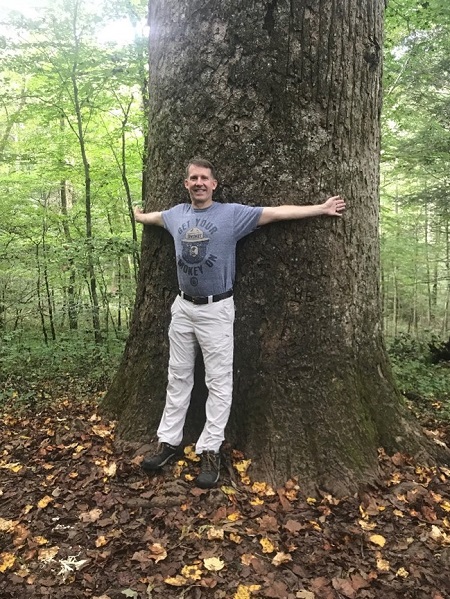
Eric Davis is the Assistant Director of Rangelands Management and Restoration with the Forest and Rangelands Management and Vegetation Ecology staff in Washington, DC. His portfolio includes rangelands management, wild horses and burros, Collaborative Forest Landscape Restoration, and invasive species. Prior to the US Forest Service, he worked 16 years with the US Fish and Wildlife Service, specializing in endangered species and migratory bird conservation. Eric was born and raised in Greensboro, NC and earned a BA in Biology from Duke University, an MS in Biology from the University of North Carolina Charlotte, and an MA in National Security and Strategic Studies from the Naval War College. From 2009-2010, he commanded a Combat Logistics Battalion of 900 Marines and Sailors in Iraq. He is a retired Marine Corps Colonel. Eric loves to travel and has visited every continent.
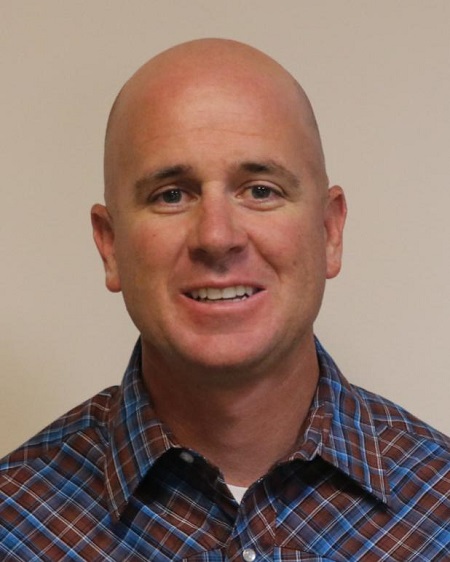
Riley Peck is the Legislative Liaison and Public Policy analyst for the Utah Division of Wildlife Resources. He has worked for the state of Utah for 18 years. Before he was in his current role Riley worked as a biologist specializing in Wildlife Management. He worked on many wildlife issues including; endangered species protection, habitat restoration, migration, disease mitigation and native wildlife restoration. Riley was born and raised in Riverton Utah and earned a BA in Biology from the University of Utah, an MS in Plant and Wildlife Science from Brigham Young University. Most of his hobbies include enjoying outdoor activities with his family. He currently owns 2 mustangs and enjoys using them to assist in many activities including camping and hunting. While not on the mtn or in the field he can be found watching his children in their many sporting events.
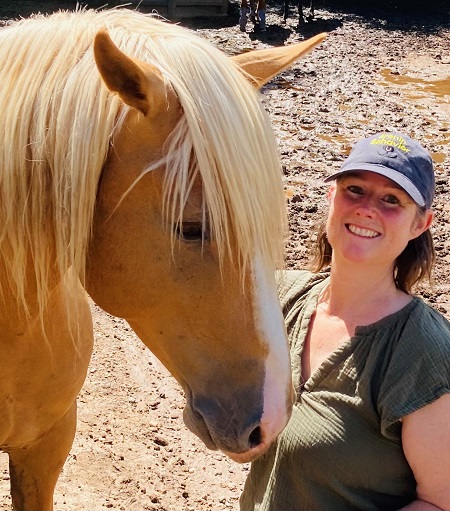
Dr. Sarah King is a Research Scientist at the Natural Resource Ecology Laboratory at Colorado State University and Co-Chair of the International Union for the Conservation of Nature (IUCN) Species Survival Commission Equid Specialist Group. Throughout her career, her work has focused on applying research of mammal behavior and ecology to conservation of endangered species or management of abundant species. Sarah gained her B.Sc. and Ph.D. from Queen Mary, University of London. She has conducted research on small mammals (the Mt. Graham red squirrel and small mammals in the Colorado mountains), and led conservation projects in Mongolia, but most of her career has been spent studying the behavior and ecology of wild and feral equids. Her Ph.D. was one of the first studies on the behavioral ecology of Przewalski’s horses after their reintroduction to the wild in central Mongolia, and later she was Project Manager of a reintroduction effort of Przewalski’s horses in western Mongolia. For the last 10 years Sarah has worked in collaboration with USGS to lead behavioral aspects of research into feral horses and burros in the American west. She was lucky enough to adopt a mustang from one of her field sites in 2022.
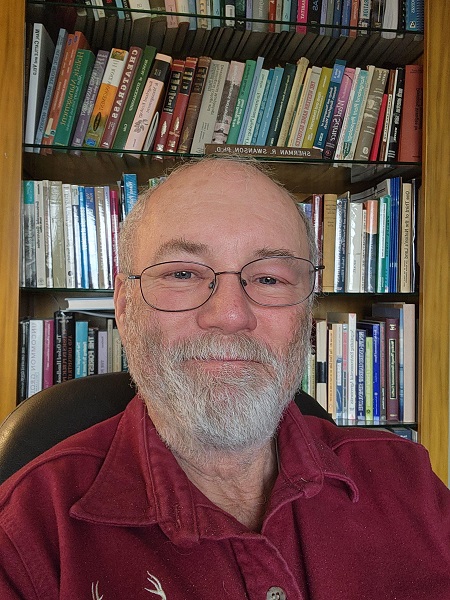
Dr. Sherman Swanson is Rangeland & Riparian Ecology & Management Professor Emeritus at the University of Nevada Reno. He was Extension rangeland and riparian specialist, taught various rangeland management courses, and advised graduate students conducting research on pertinent hydrology, riparian, and rangeland issues in Nevada and the West for 36 years, retiring in 2019. He led the interagency and stakeholder consensus-based process of revising the Nevada Rangeland Monitoring Handbook for both the 2006 and 2018 editions. Since retirement he has continued leading the Nevada Creeks and Communities Team in teaching Riparian Proper Functioning Condition Assessment and Integrated Riparian Management; representing the general public on the Nevada Sagebrush Ecosystem Council; serving on the BLM Sierra Front-Northern Great Basin Resource Advisory Council; and serving actively in the Coalition for Healthy Nevada Lands, Wildlife, and Free-Roaming Horses.
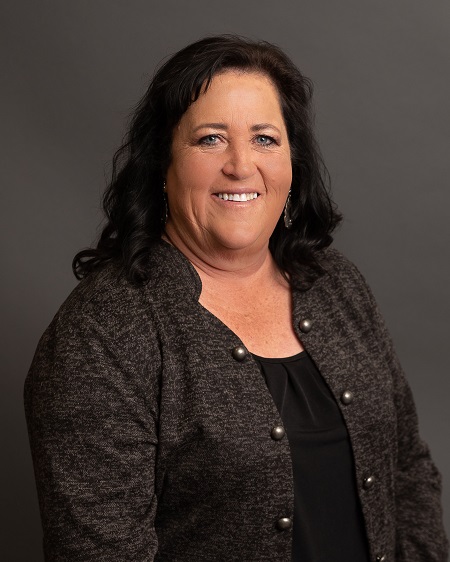
Commissioner Tammy Pearson is a Beaver County Commissioner in Utah. She grew up in a family that owned farm & ranch operations in Millard, Juab & Tooele Counties. She attended USU with an emphasis on agriculture. She is an owner-operator of the Pearson Ranch & Farms in Beaver County and shares the BLM grazing permit with the Frisco HMA. Commissioner Pearson has spent the last 40 years in Beaver County involved in public lands issues. She is a lifelong resident of Southern Utah, which is the home to 13 Wild Horse herd management areas. She is a founding member of the FREES Network and has coordinated state efforts to manage the overpopulation of the Wild Horses in Utah and the west. As a commissioner, she has served as the Utah Assoc Counties Public Lands Chairman, she is a Vice Chair for the National Association of Counties Public Lands Steering Committee and Chairman of the Land Management Sub-Committee. In 2019, Tammy was appointed to the BLM's National Wild Horse & Burro Advisory Board to be the Public Interest, with special knowledge of equine behavior, board representative. She is also a founding member of the Path Forward Coalition that has coordinated efforts, on a national level, to improve funding and management efforts with Congress and the BLM. This coalition includes national groups like the Public Lands Council, the Humane Society, the National Cattlemen's Assoc, ASPCA and Farm Bureau.
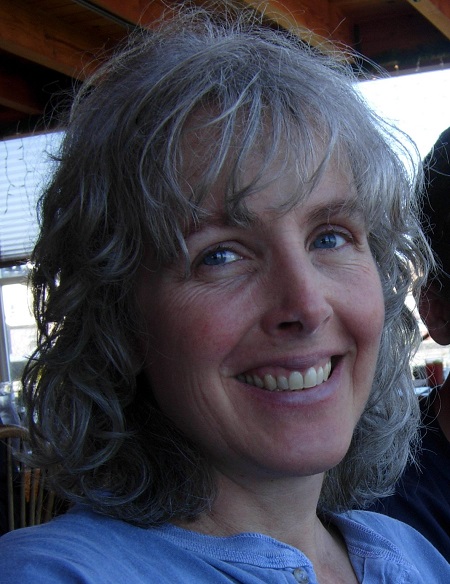
Dr. Ursula Bechert earned a B.S. from Utah State University and a D.V.M. from Washington State University. After working in private practice and a free-ranging wildlife park in Oregon for several years, she earned a Ph.D. from Oregon State University. Her research focuses on reproductive physiology of wildlife and population management tools, as well as nutrition and pharmacokinetic studies. Dr. Bechert has worked in academic administration for over 25 years, most recently having served as Director of Graduate Programs for the College of Liberal and Professional Studies in the School of Arts & Sciences at the University of Pennsylvania. She served as the Research Advisor for the Bureau of Land Management’s Wild Horse and Burro Advisory Board for 3 years and is currently the Vice President of Research and Development for SpayVac-for-Wildlife, Inc., to help develop immunocontraceptive solutions for management of overabundant wild and feral animal populations.
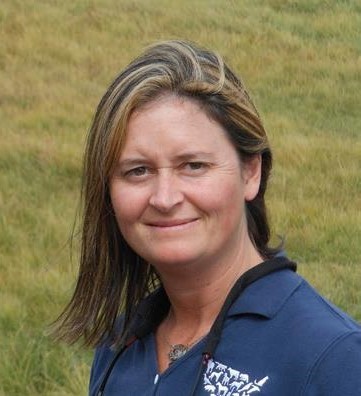
Stephanie Boyles Griffin currently serves as the Senior Program Director in the Wildlife Protection Department at the Humane Society of the United States and as Chair of the Advisory Committee for the Botstiber Institute for Wildlife Fertility Control. For over 25 years, she has worked with federal, state, local, and tribal agencies, non-governmental agencies, industries, academia, and policymakers to develop and advance the use of humane, effective, and sustainable methods for mitigating human-wildlife conflicts and promoting coexistence. She served on the Maryland Wildlife Advisory Commission from 2011-2022 and currently serves on the Free-Roaming Equids and Ecosystem Sustainability (FREES) Network’s Steering Committee. She has organized and co-organized several scientific conferences, workshops, symposia, and seminars including the 7th (2012), 8th (2017) and 9th (2022) International Conferences on Wildlife Fertility Control, the Free-Roaming Horses and Burros Fertility Control Workshop (2018), the 2022 FREES Summit, and wild equid management symposiums at The Wildlife Society’s 29th Annual Conference and the Pathways 2022: Human Dimensions of Wildlife Conference. She holds a BA in Biology from Notre Dame of Maryland University and an M.S. in Environmental Science from Christopher Newport University. Her research has focused on assessing the efficacy, feasibility, fiscal and ecological benefits associated with installing and maintaining water flow control devices to mitigate conflicts with beavers on roadways and using fertility control methods to manage federally protected wild equid populations in the U.S.

Robin Watson began her career with the BLM in Rock Springs, WY under the Student Trainee Experience Program in the Range Program in the summer of 1999 and was hired as a Wildlife Biologist under the Student Career Experience Program later in 1999. She moved to Virginia in 2002 and had a variety of jobs there. Robin returned to Rock Springs, WY in 2005 and became a Contract Biologist for the Natural Resource Conservation Service until she became a Wildlife Biologist at the Rock Springs, WY BLM in 2006. From there, she moved to work at the Salt Lake City, UT BLM as a Lead Wildlife Biologist and to the Utah State Office as a Biologist on the Oil and Gas Leasing Team. In 2012, she transferred within the Utah State Office to the Wildlife Biologist Lead for the state. In 2016, Robin was selected as the Branch Chief for Fluid Minerals and was selected as the Deputy Division Chief for Forestry, Rangeland and Vegetation in 2020. She then transferred to the Resource Advisor position in May 2022. Robin has completed numerous Details within the BLM as an Assistant Field Manager, T&E and Wildlife Lead (AK), Senior Leasing Specialist in the Washington Office, and a Deputy Division Chief for Resources. She has a Bachelor of Science degree in Wildlife and Fisheries Biology and Management with a minor in Range Ecology and Watershed Management and graduated Magna Cum Laude.
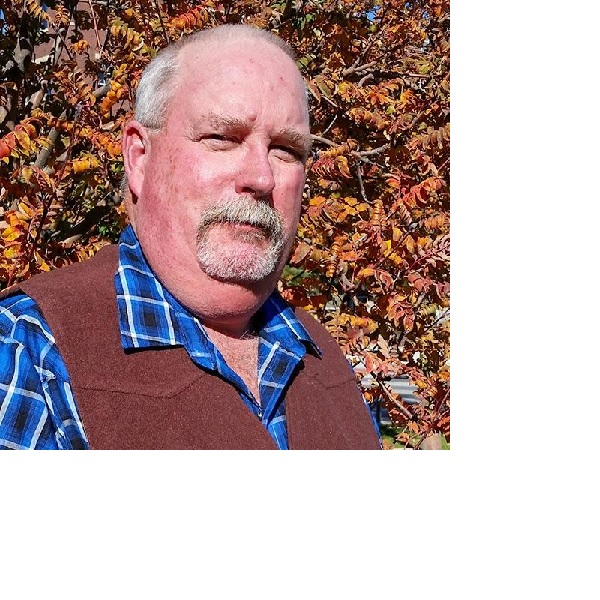
Gary McCuin is an Agricultural Advisor for the University of Nevada, Reno in Eureka, NV. He has spent a lifetime in agriculture and natural resources primarily in the arid Great Basin. He has worked in private industry, state government, and academia. At the Nevada Department of Agriculture, he served as the natural resource lead for the Department working with private landowners, state, and federal government agencies to implement sustainable multiple use principles on state and federal rangelands. Recently he managed the Great Basin Research and Extension Center as Director of the Center. In this position he oversaw 2,000 head of Merino and Merino/Rambouillet cross ewes in a seedstock operation for wool improvement across the west, and research on arid rangelands and croplands. His primary focus and expertise is development and implementation of science based operations management of arid lands, supporting Nevada and western stakeholders through the Land Grant University Mission. He emphasizes regenerative principles of soil health and holistic system-based approaches as key to sustainable use and stewardship of crop and rangelands. He is past President of the Nevada Association of Conservation Districts and elected Supervisor on the Eureka Conservation District and Eureka County Natural Resources Advisory Board.

Dr. Amanda Gearhart is a Wildlife Staff Specialist in the Habitat Division of Nevada Department of Wildlife. She was born and raised in Central Oregon. As an undergraduate, she pursued a degree in Animal Science with an emphasis in pre-veterinary medicine. After taking a year off to work in a veterinary clinic Dr. Gearhart returned to school and earned a Master of Science degree in Rangeland Ecology and Management from the University of Idaho. From there, she spent six years in North Dakota working with private landowners to improve their rangeland management practices and earning her doctorate in Rangeland Science from North Dakota State University. She spent a year working as a post-doctoral research scientist for the USDA-Agricultural Research Service in Burns, Oregon before taking her dream job as the State Rangeland Extension Specialist with the University of Idaho. After becoming a single mother, she realized that life on the road was not compatible with raising two young sons solo and resigned from her dream job. After another stint as a post-doc, she took a job with the Bureau of Land Management as a Wild Horse and Burro Specialist in Northeastern California which she held for nearly five years. She briefly returned to academia at the University of Nevada Reno where she taught and conducted research on grazing and the impacts of wild horses and burros on ecosystems. Currently, Amanda coordinates NDOW’s restoration and rehabilitation efforts around the state of Nevada. She has a deep love of wide open rangelands, problem solving, and healthy herds on healthy landscapes.
If you need ideas or help, visit it.usu.edu/web or call (435) 797-8551.

